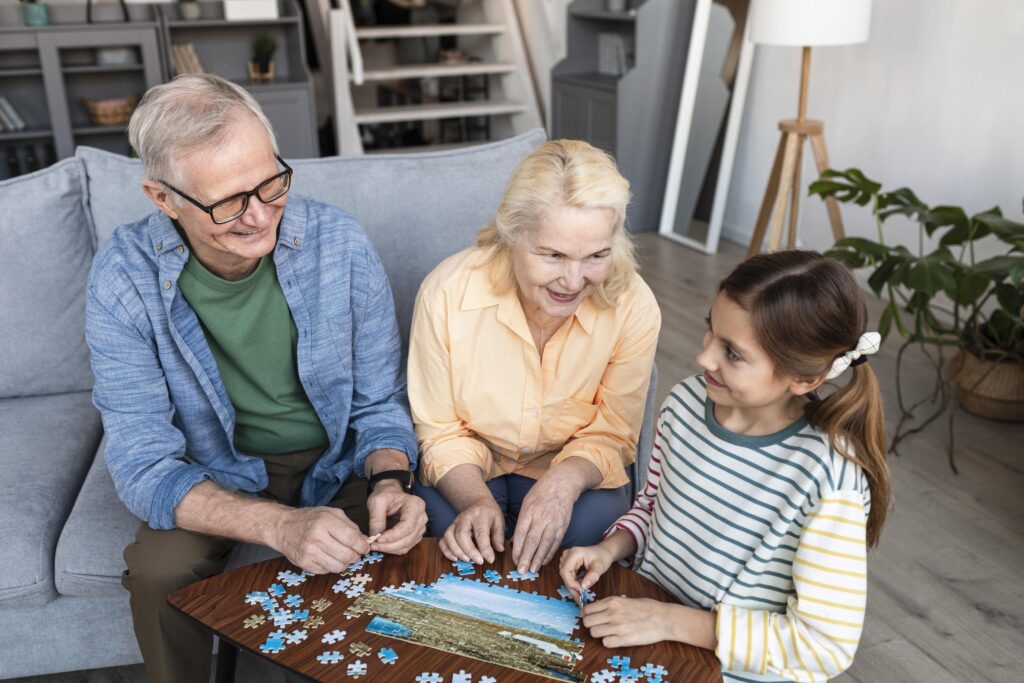Lifelong Learning in senior living

As we age, there are many things that change. Seasons of life come and go, and priorities are always shifting. But there are a few things that we should never lose sight of as we age—one of which is the pursuit of learning.
Whether it’s through learning new knowledge, developing valuable skills, or enriching your life through activities, lifelong learning is a gift that should be cherished. It’s not about formal education, although taking classes is a helpful way to learn, it is instead about staying curious and using your time to stimulate your mind in new ways.
Why Learning Matters for Seniors
Learning is a valuable use of time for people of all ages, but for seniors, it can instill purpose, improve health and memory, combat loneliness, and support emotional well-being.
Learning Brings Purpose
Beginning every day with a goal or something to look forward to supports a sense of meaning in seniors. A sense of direction can help older adults feel accomplished and recognize their time well-spent. Also, it can build purpose and reinforce their identity by spending time on activities they used to love.
Learning Improves Health and Memory
Mentally stimulating activities have been proven to enhance memory and slow cognitive decline. The focus and information retention that learning requires actually strengthens short-term and working memory. This can make daily life in senior living much easier. Plus, a study published in Neurology, found that seniors who engage in lifelong learning have a 32% slower rate of cognitive decline. This delays the onset of diseases like Alzheimer’s and other forms of dementia.
Learning Combats Loneliness
A culture of lifelong learning in a senior living community builds interpersonal relationships through shared interests and educational discussions, rather than only small talk. Learning can be a fun and interactive opportunity—whether through weekly trivia nights, classes, or book clubs, seniors can grow their minds together.
Learning Supports Emotional Well-Being
Learning something new provides a sense of accomplishment. Growing in new areas builds confidence and self-esteem. It also supports emotional well-being by reducing stress. Building the habit of constantly pursuing lifelong learning will create a distraction from worry and stress and will give residents something to look forward to.

How Cornerstone Encourages Lifelong Learning
Cornerstone prioritizes lifelong learning in our communities by offering plentiful opportunities. Here are a few activities that encourage mental stimulation and learning:
- Book clubs: Meeting together for a book club or other discussion can create community and allow residents to learn new things and express their personal opinions.
- Gardening: All residents can benefit from a community garden. There are endless opportunities to exercise their minds and bodies while caring for their plants, and then the whole community can reap the rewards.
- Concerts: Giving residents the opportunity to display their musical talents can help them grow in their skills.
- Trivia nights: Trivia nights can foster friendly competition and teamwork.
- Bird Watching: Bird watching is a simple learning activity that requires only a good view of the outdoors and a way to identify the birds you find.
- Baking: Learn new and old recipes alongside residents. Recently one of our communities took the opportunity to make homemade butter with their residents when they ran out.
To discover more ways to encourage lifelong learning in senior living communities, read our blog on staying active.